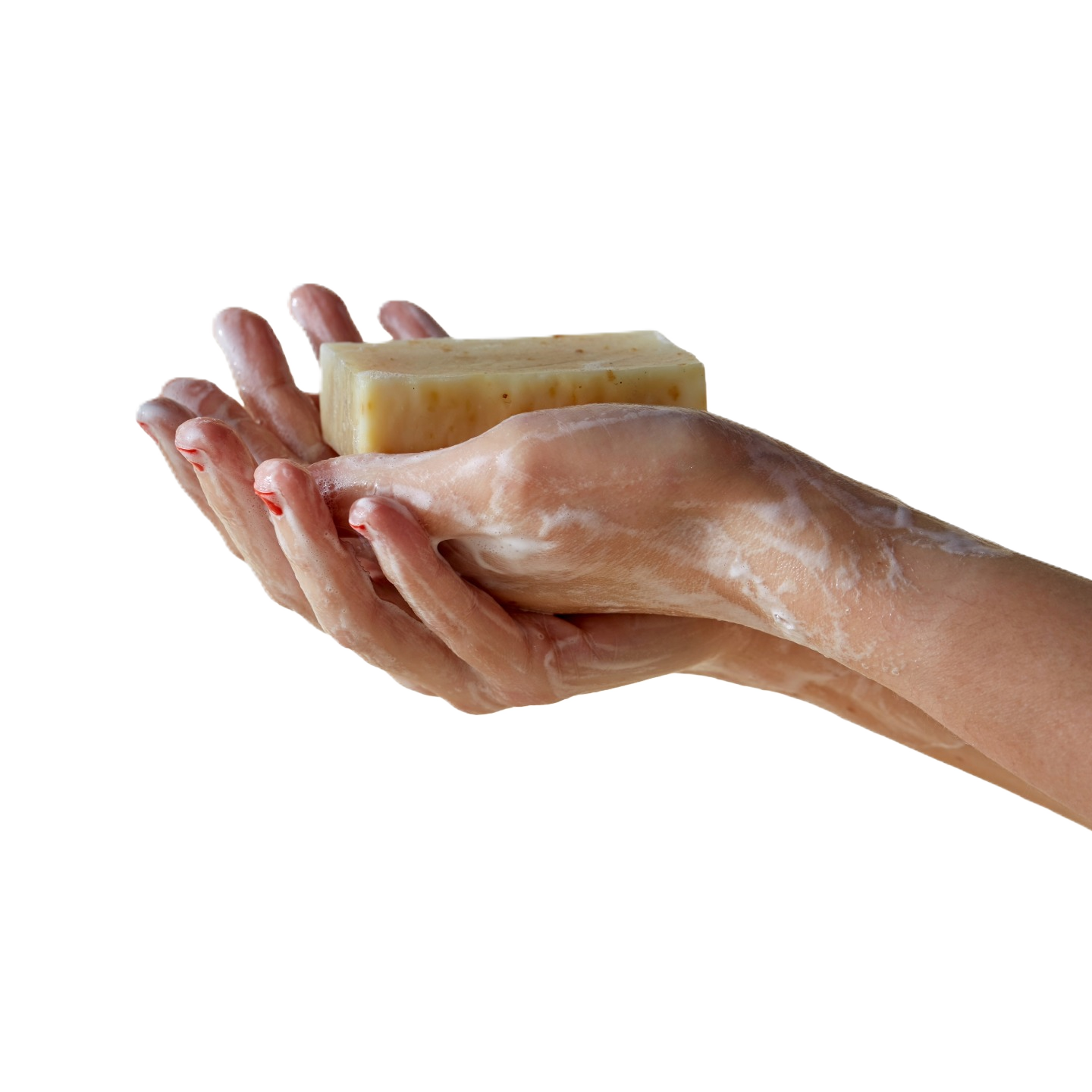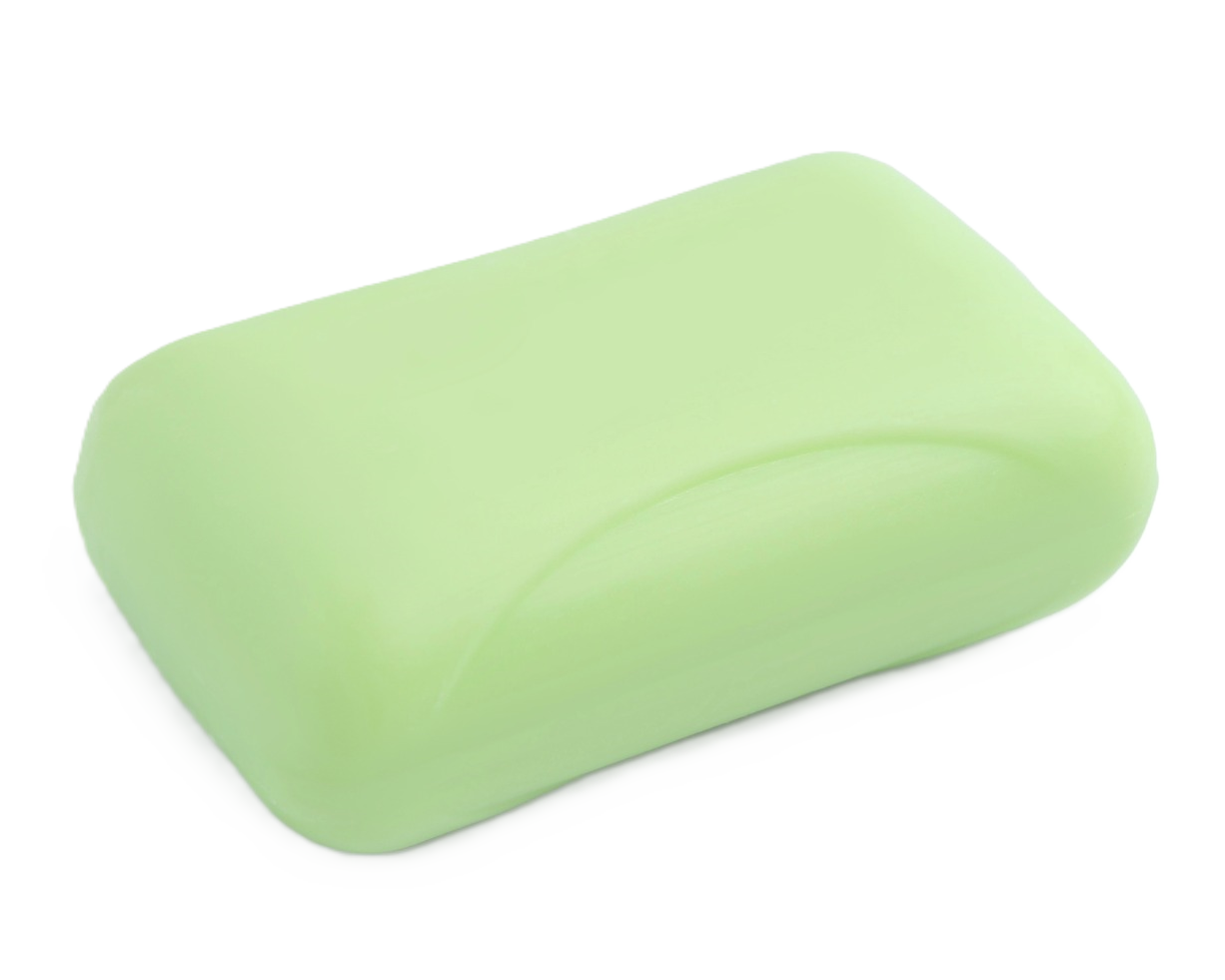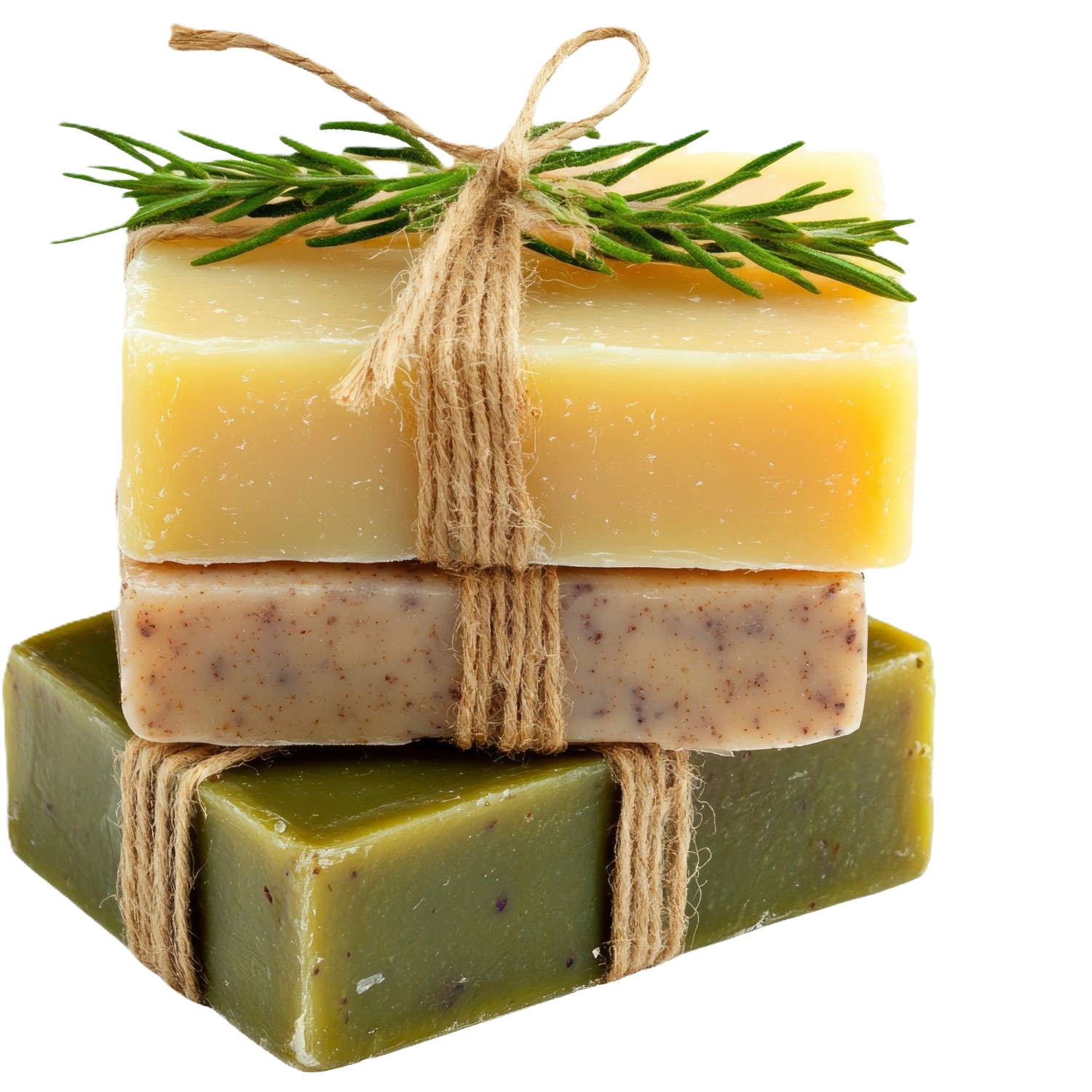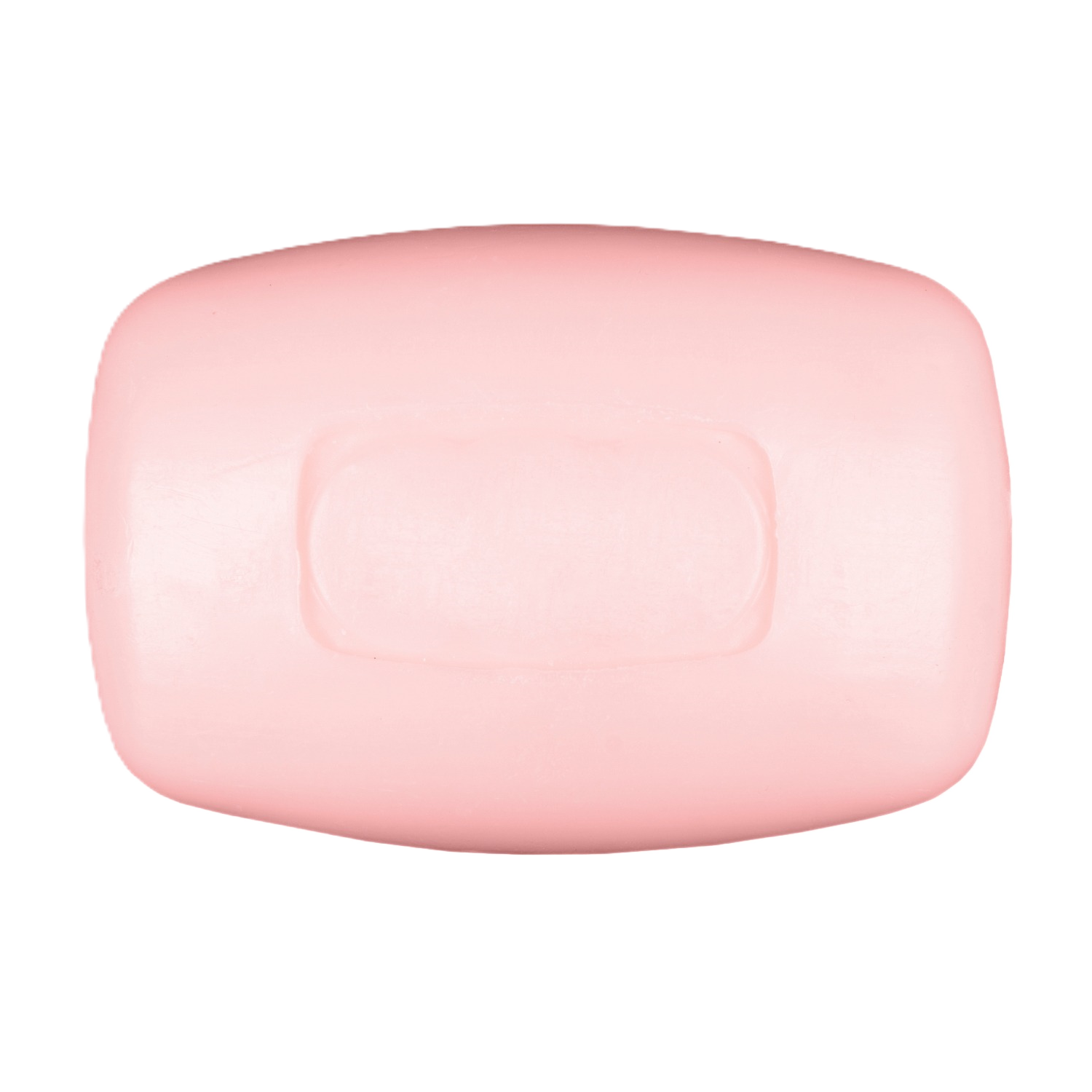Handlycool- Blogs
Handmade Soap
vs
Normal Soap
Which One Is Better for Your Skin?
When choosing between handmade soap and normal (commercial) soap, many people are unsure which one is best for their skin. While both types of soap serve the same basic function—cleaning your body—their ingredients, production methods, and benefits can vary significantly.
In this article, we’ll compare handmade soap vs. normal soap to help you make an informed decision. Whether you’re looking for a more natural skincare solution or trying to understand what goes into your soap, this guide has you covered.
What Is Handmade Soap?
Handmade soap is typically crafted in small batches using natural ingredients like:
-
Plant-based oils (e.g., olive oil, coconut oil, shea butter)
-
Essential oils for fragrance
-
Herbs and botanicals for exfoliation and skin benefits
-
Glycerin, a natural moisturizer, retained during the process
This type of soap is often made using the cold process or hot process method, allowing for custom blends and minimal processing.


What Is Normal Soap?
Normal soap, also known as commercial soap or store-bought soap, is mass-produced using synthetic ingredients. These soaps often contain:
-
Detergents and sulfates (e.g., SLS) that create a strong lather
-
Artificial fragrances and preservatives
-
Chemical hardeners
-
Removed glycerin (often sold separately)
While they are widely available and budget-friendly, commercial soaps are generally made with profit and shelf-life in mind rather than skin health.
Comparison: Handmade Soap
vs
Normal Soap
| Feature | Handmade Soap | Normal Soap |
|---|---|---|
| Ingredients | Natural, organic, plant-based oils | Synthetic chemicals, detergents, fillers |
| Moisturizing | High, retains glycerin | Low, glycerin is removed |
| Fragrance | Essential oils | Artificial fragrances |
| Skin Sensitivity | Gentle, suitable for sensitive skin | May irritate due to harsh ingredients |
| Environmental Impact | Eco-friendly, biodegradable | Often non-biodegradable, more waste |
| Customization | High – custom scents, colors, shapes | Low – mass-produced, limited variation |
| Cost | Higher (quality ingredients) | Lower (mass production) |
| Shelf Life | Shorter (no preservatives) | Longer (due to preservatives) |

Benefits of Handmade Soap
-
Gentle on the skin
-
Rich in natural oils and butters
-
Environmentally sustainable
-
Free from harmful chemicals
-
Cruelty-free and often vegan
Drawbacks of Normal Soap
-
Can strip skin of natural oils
-
May cause dryness or irritation
-
Often contains harmful ingredients like parabens or phthalates
-
Less environmentally friendly

Which Soap Is Best for You?
Choose handmade soap if you:
-
Have sensitive, dry, or allergy-prone skin
-
Prefer natural skincare products
-
Want an eco-friendly and ethical option
Stick with normal soap if:
-
You need a budget-friendly option
-
You don’t have specific skin concerns
-
You prefer a longer shelf life and stronger scent
Final Thoughts
While normal soap may be more accessible and affordable, handmade soap offers superior benefits in terms of skin health, ingredient quality, and environmental impact. For those looking to make more conscious skincare choices, switching to natural handmade soap is a small but powerful step.

